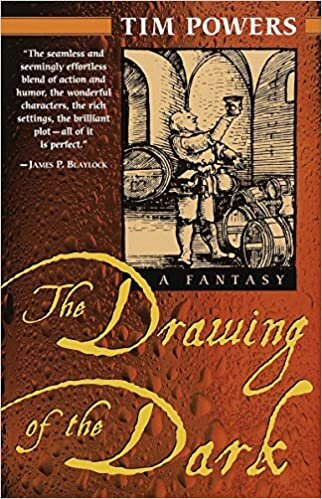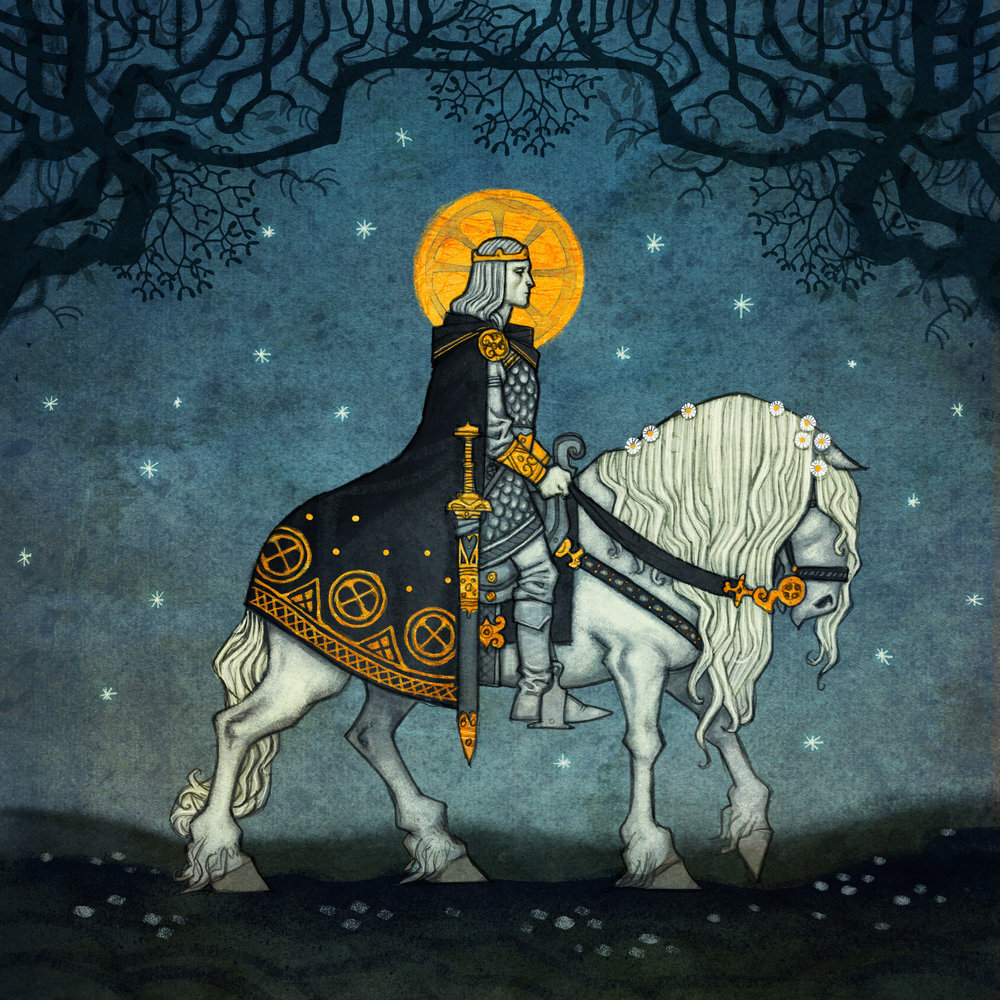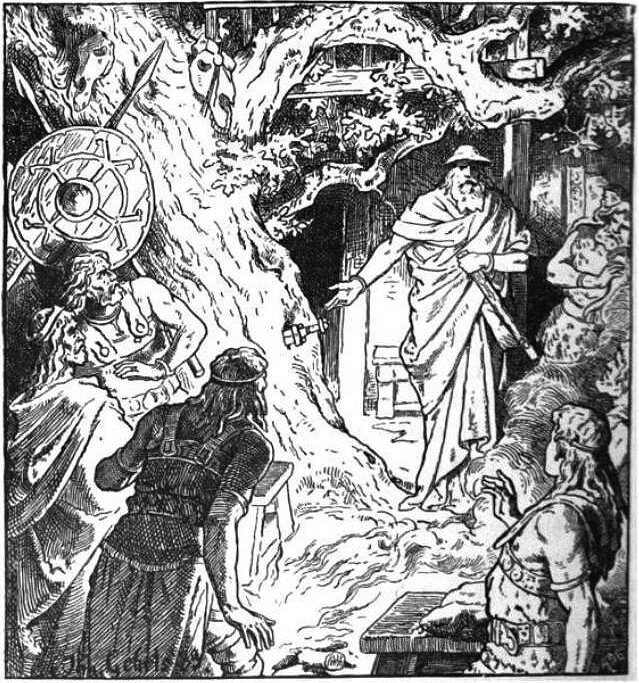The Drawing of the Dark by Tim Powers Book Review
Since I realized that I never reviewed what is probably my favorite Tim Powers novel, The Drawing of the Dark [Amazon link], I decided to rectify my appalling lack. A secret history, written in what has come to be Powers’ defining style, The Drawing of the Dark is a fusion of European myth with the events of the 1529 Siege of Vienna by Suleiman the Magnificent. In accord with my editorial policy, I am going to discuss what makes the book interesting, which may or may not accord with modern notions of “no spoilers”. Since this book is older than I am, I don’t care.

Written in 1979, The Drawing of the Dark is only Powers’ third novel, but there was a notable increase in polish compared to the two previous books, The Skies DIscrowned and An Epitaph in Rust. Unlike his approximate contemporary, Timothy Zahn, Powers usually takes about three years to write one of his novels. That is not pulp speed, but it does allow Powers to do some amazing things in his books that no other author does.

Baldur by Johan Egerkrans
In this book, Powers creates a clash between rival civilizations that has a vaguely Spenglerian cyclicity and also manages to accept and invert Fraser’s The Golden Bough. Balder not only pre-figures Christ, he actively participated in making the future Christendom fertile ground.
Declare is sometimes talked about as Tim Powers’ first explicitly Catholic novel, but like The Lord of the Rings, the structure of the plot in The Drawing of the Dark follows the liturgical year. An example of why it takes Powers so long to write a book is that he makes a plot that not only follows the cycle of major feasts and saint days, but also matches up with secular history.
I assume that Powers took more liberties with history in The Drawing of the Dark than Declare, as the pivotal and unsubtly named Herzwestern Brewery, which the protagonist Brian Duffy is hired to protect, does not actually exist in Vienna, but the major structure of events in the siege is well-attested, and Powers deftly weaves his story around it. Duffy is hired in Venice by Aurelianus, a shifty old wizard, on Ash Wednesday. Duffy spends most of Lent traveling to Vienna, but he arrives before Easter, when the bock beer will be served at the Brewery.
On Holy Saturday, Duffy and Aurelianus travel to the Viennese underworld, following an attempt to destroy the Herzwestern brewery on Good Friday, when God is dead. Much like the period now known as ordinary time, there is an extended pause over the summer, and things pick up again about Michaelmas. The deadline for the eponymous drawing of the dark is All Hallow’s Eve. Nearly everything that happens in the book follows this pattern.
On the other hand, Brian Duffy is a pretty scandalous character, in the technical sense of Catholic theology. A boozy old soldier, Duffy sees things on his journey to Vienna that he might have attempted to pass off as the effects of delirium tremens if not for the repeated way in the which the pious recoil in horror from him and his otherworldly attendants. Duffy oversees a cremation, in an era in which cremation was generally not practiced by Christians. Indeed, on the very day that Aurelianus hires him, Ash Wednesday, a universal day of fasting and penance, Duffy is fresh from a banquet in Venice, and full of victuals and drink.

Sigmund’s sword (1889) by Johannes Gehrts
By Eduard Ade - Felix Dahn, Therese Dahn, Therese (von Droste-Hülshoff) Dahn, Frau, Therese von Droste-Hülshoff Dahn (1901). Walhall: Germanische Götter- und Heldensagen. Für Alt und Jung am deutschen Herd. Breitkopf und Härtel., Public Domain, https://commons.wikimedia.org/w/index.php?curid=4625789
On the gripping hand, everything that happens to Duffy displays the touch of Providence. Which is not to say he leads a charmed life, precisely. Duffy repeatedly ends up where is supposed to be, whether he likes it or not. Since Duffy participates in the life of earlier heroes of the West such as Sigmund and Arthur, his life is rather more tragic than he would prefer.
I first read The Drawing of the Dark long before King, Warrior, Magician, Lover, but my appreciation for Powers’ work is deeply rooted in that psychological analysis of the masculine archetypes presented in that book. Aurelianus and Duffy very much are archetypes, so this isn’t really surprising, but Powers manages to write the two men in a way that resonates with me.
They instantiate the magician and the warrior, cleverness and action respectively, but at the same time they also seem like real men who somehow manage to be somewhat fond of each other despite frequently being at odds over how to approach a problem. Much like Tyrus and Casper in Galaxy’s Edge, they work best as a team, but sometimes that is difficult.
This book is also quite funny. Powers has an eye for the absurd and strange things that nonetheless actually happen, and he peppers the text with them. Sometimes we get such observations from Duffy’s black sense of humor, or Aurelianus’ waspish one, but we also get the narrator chiming in as well. That a book with such a deep and subtle crafting can also manage to be laugh out loud funny is a remarkable accomplishment.
The Drawing of the Dark has rewarded me everytime I’ve come back to it. I encourage anyone with a love of chanson de geste, adventure, or myth to give it a try. And hoist a beer for Brian Duffy, who saved that brewery.
My other book reviews | Reading Log
Other books by Tim Powers

Comments ()